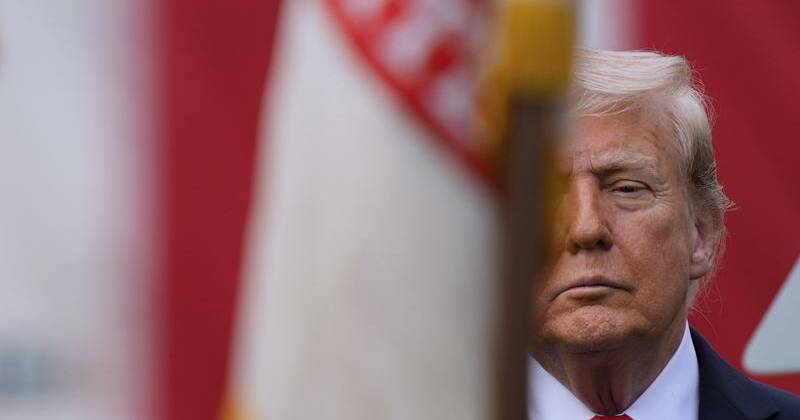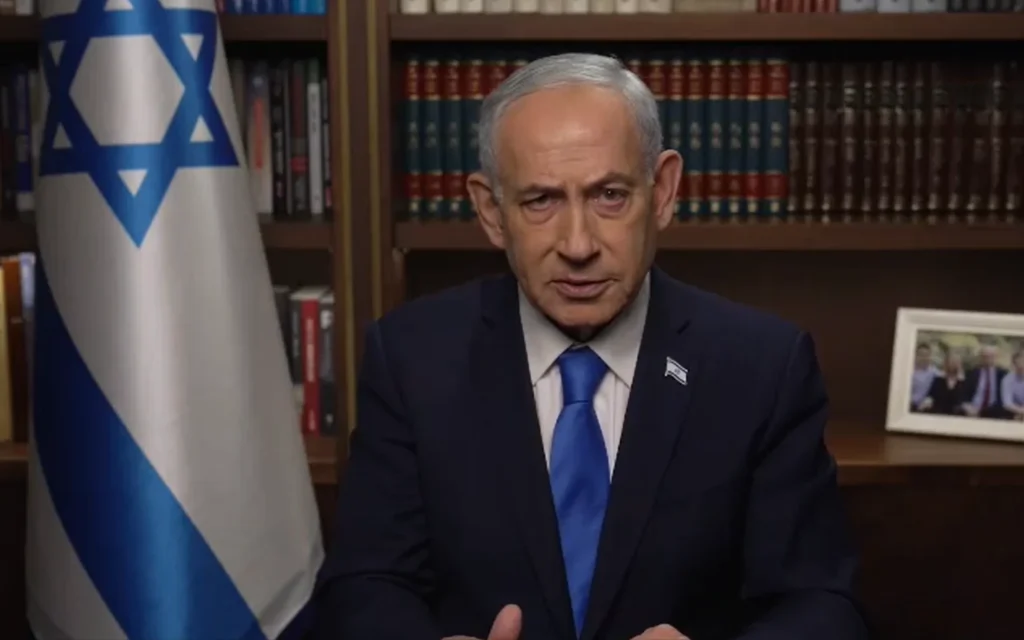
US President Donald Trump has called on NATO member nations to cease purchasing Russian oil as part of a broader strategy to impose significant sanctions on Russia. This request comes in light of the ongoing conflict in Ukraine, which has prompted increasing international scrutiny of energy transactions with Moscow. In a recent statement on social media, Trump emphasized the importance of a united front among NATO allies, stating, “I am ready to do major sanctions on Russia when all NATO nations have agreed, and started to do the same thing, and when all NATO nations stop buying oil from Russia.”
Trump’s letter to NATO outlines a proposal for the alliance to implement tariffs ranging from 50 to 100 percent on goods from China. He believes such measures could diminish China’s economic influence over Russia, potentially altering the dynamics of the conflict. This approach follows his previous threats regarding sanctions on Russia and secondary sanctions targeting countries that continue to buy Russian oil, notably China and India.
The urgency of Trump’s message highlights the escalating tensions surrounding energy dependency. He has already imposed an additional 25 percent tariff on Indian imports due to the country’s ongoing purchases of Russian oil. While this action has been taken against India, Trump has yet to implement similar measures against China, despite its significant role in the energy market.
As NATO nations grapple with the implications of such sanctions, the international community is watching closely. The potential for coordinated action could shift the economic landscape, especially for nations reliant on Russian energy. Trump’s strong stance reflects a growing consensus that a robust response is necessary to counteract Russia’s actions in Ukraine.
The situation remains fluid, with discussions among NATO allies ongoing. The impact of halting Russian oil purchases could resonate across global markets, affecting prices and energy security for many nations. The outcome of these negotiations will likely shape the geopolitical landscape in the coming weeks.
In summary, Trump’s call to action underscores the critical intersection of energy policy and international relations. The response from NATO will be pivotal in determining how effectively the alliance can address the challenges posed by Russia’s military aggression in Ukraine.






